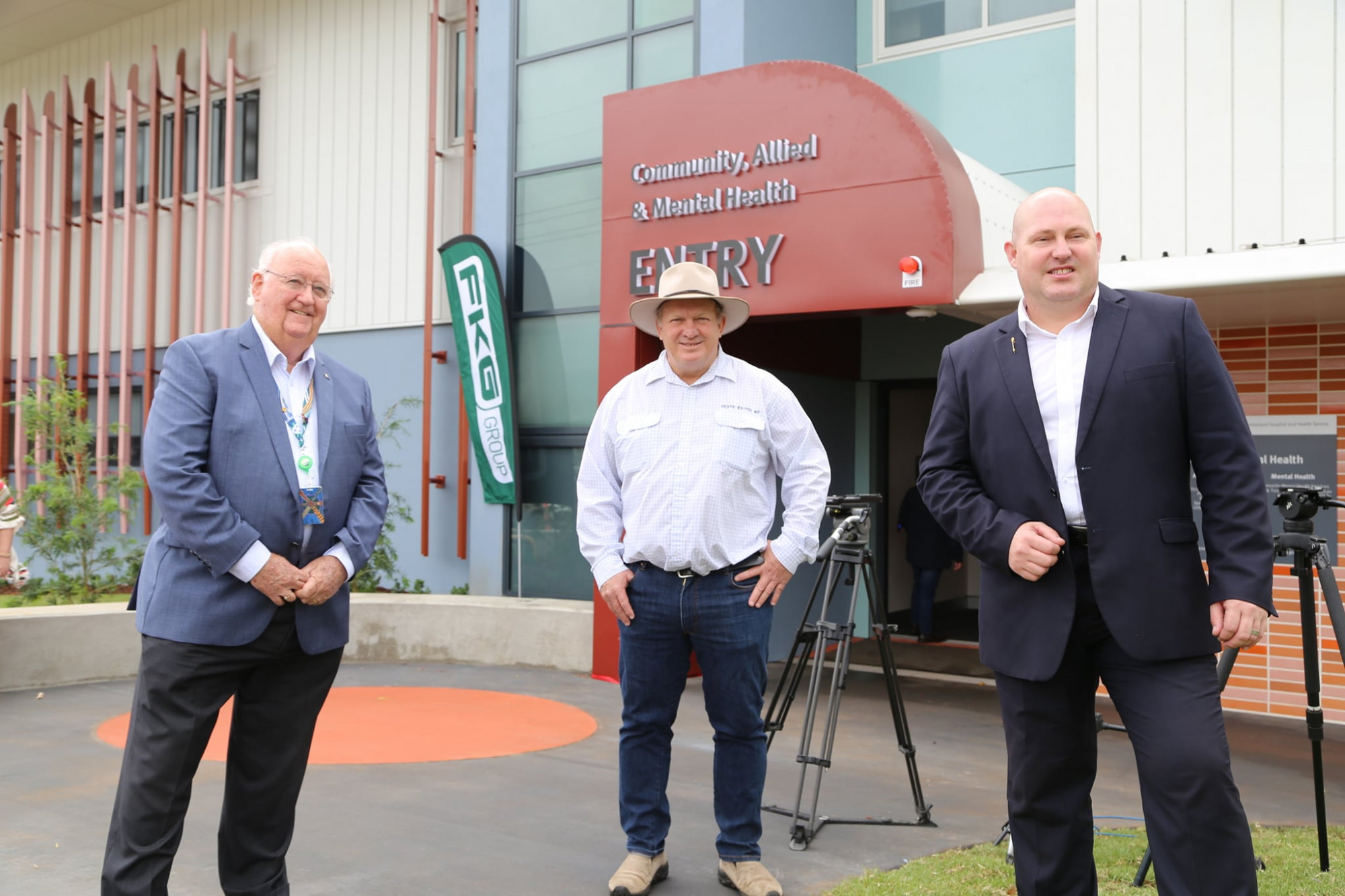Business
29 August, 2020
Healthy boost to the local economy
Stage one of the Atherton Hospital redevelopment has been finalised thanks to a $70 million investment by the Queensland Government.

Speaker of the Queensland Parliament and Member for Mulgrave Curtis Pitt said the project has supported the Queensland Government’s plan to unite and recover, with 94 contracts awarded in the Cairns and Tablelands region.
“This project has and will continue to be a significant boost for the economy of the Tablelands and the Far North region,” Mr Pitt said.
“With most of the construction completed by local tradespeople and suppliers, the hospital will well and truly be built by Far Northern Queenslanders for Far North Queenslanders.
“This is considered one of the biggest construction projects in the Tablelands region for a while and we have been grateful to be able to continue building during the COVID-19 health emergency this year.
Deputy Premier and Minister for Health Steven Miles said Stage One includes a new Community, Allied and Mental Health Building, a new helipad, new internal roadways and carparking for staff.
“Subcontractors and suppliers within a 125km radius of the Atherton Hospital site have been contracted for more than $30 million in work - equal to 92 per cent of subcontracts let - since the redevelopment of the hospital site began one year ago.
“One of our priorities was to ensure a high level of local involvement and employment and this outcome of 92 per cent of localised content for Stage One has exceeded our expectations.”
Cairns and Hinterland Hospital and Health Service Chairman Clive Skarott said Stage One offered training opportunities for local apprentices.
“It has been a welcome source of revenue for the community, but it has also provided opportunities for training with more than 1700 hours completed by new entrants/apprentices on the project and more than 800 hours of work provided to Indigenous workers so far.”


